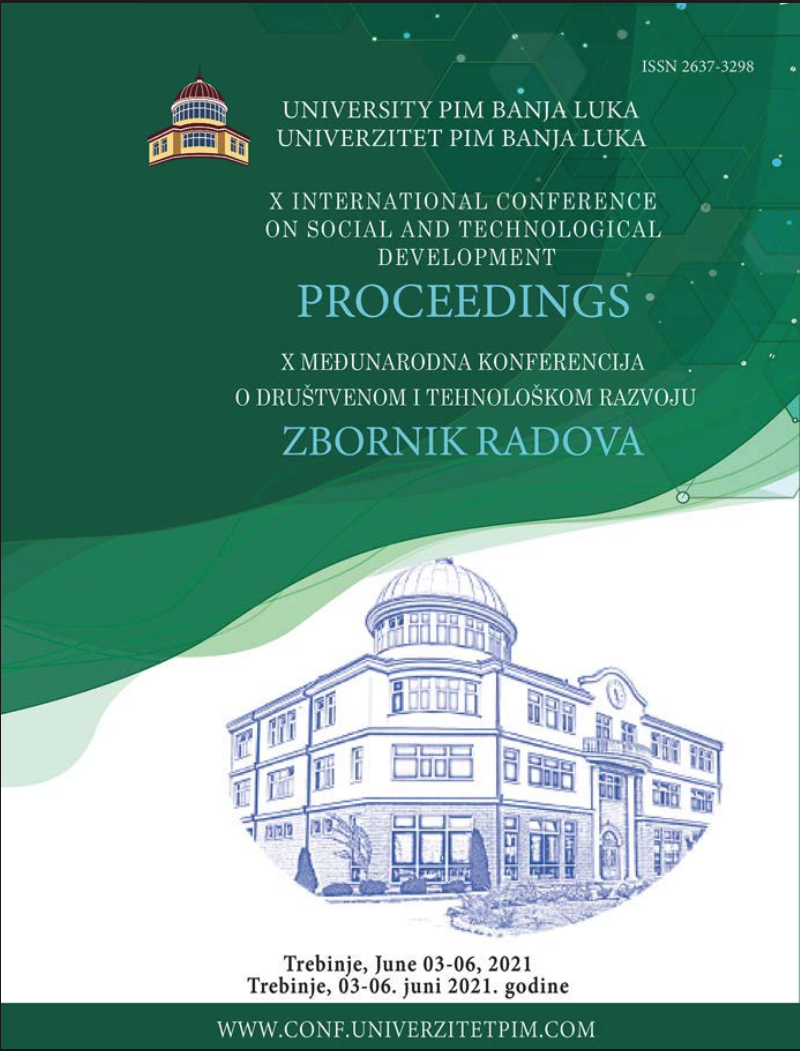
This is an open access article distributed under the Creative Commons Attribution License which permits unrestricted use, distribution, and reproduction in any medium, provided the original work is properly cited.
Department of Agricultural Business Studies and Tourism, Academy of Vocational Studies Sabac , Šabac , Serbia
Management of foreign exchange policy is complex activity for the leaders of economic policy and it cannot be autonomous, but has to be aligned with other measures of economic policy ( policy of managing demand, trend of monetary aggregates,export offer,etc.). Deficits from the trade balance, with constant overvaluing of local currency and insufficient flexibility of import have resulted in deficits and balance of current transactions and rigorous measures of balance of payments adjustment through restriction of import in the first place. Such policy could not be a successful one on longterm basis in conditions of insufficient contraction of local demand and impossibility of expansion of export offer which would result in leveling of commodity balance and removal of imbalance. It was also stated in the paper that it is not possible to keep foreign economic balance in conditions of growing internal economic contradictory (growth of aggregate demand initiated by expansive monetary and fiscal policy and growth of income above the growth of real aggregates such as production and productivity.
The statements, opinions and data contained in the journal are solely those of the individual authors and contributors and not of the publisher and the editor(s). We stay neutral with regard to jurisdictional claims in published maps and institutional affiliations.